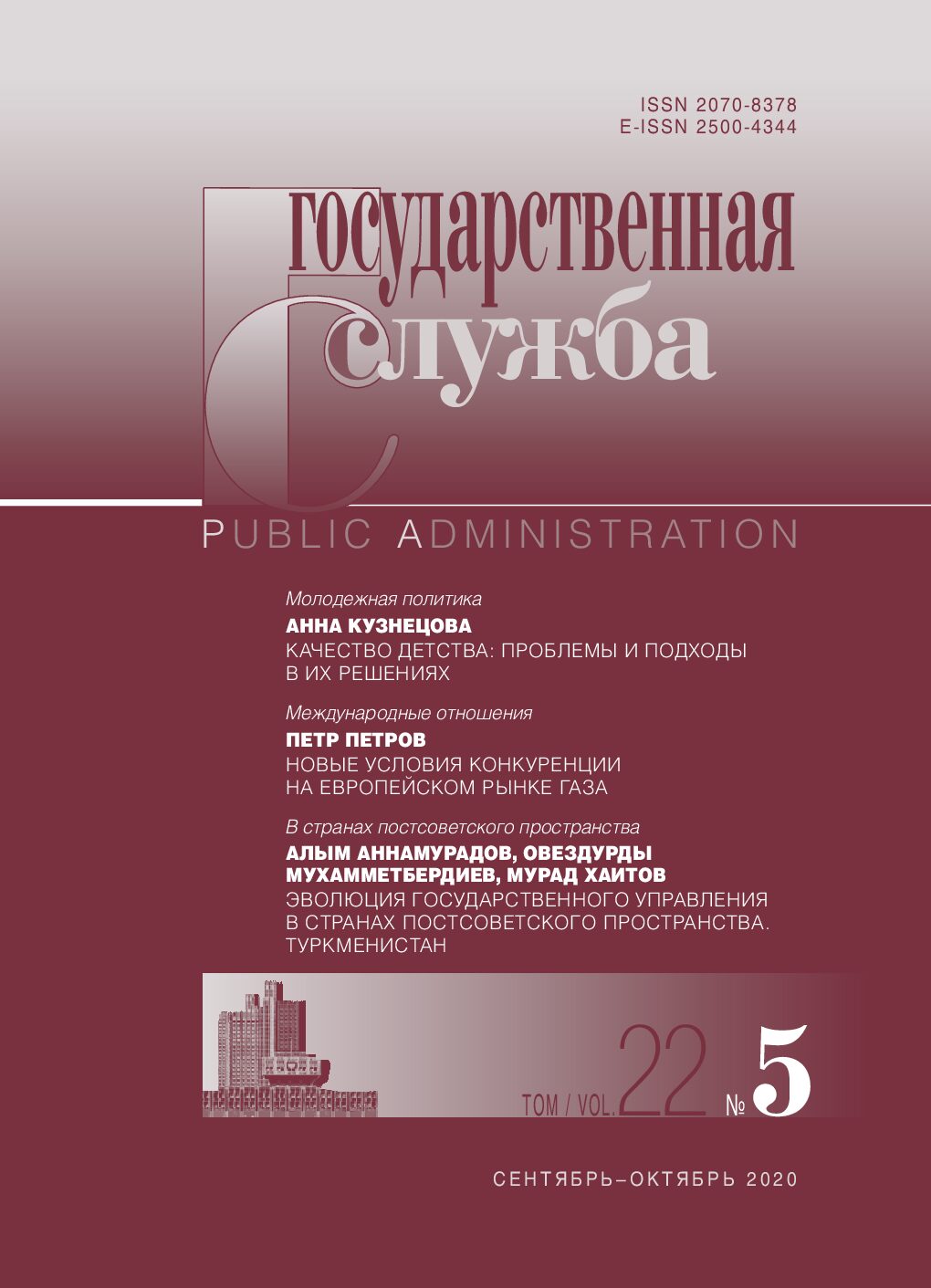Recommended link to article:
OLEG NIKOLAEVICH KORCHAGINа
аState budgetary institution of culture of the city of Moscow «Centralized library system. South-Western Administrative District»
ANASTASIA VIKTOROVNA LYADSKAYAb
bAnti-Corruption Association of Engineering Enterprises
DOI: 10.22394/2070-8378-2020-22-5-51-55
Abstract:
The article is devoted to the current state of digitalization aimed at solving urgent problems of combating corruption in the field of public administration and private business sector. The work considers the experience of foreign countries and the influence of digital technologies on the fight against corruption. It is noted that the digitalization of public administration is becoming one of the decisive factors for increasing the efficiency of the anti-corruption system and improving management mechanisms. Big Data, if integrated and structured according to the given parameters, allows the implementation of legislative, law enforcement, control and supervisory and law enforcement activities reliably and transparently. Big Data tools allow us to analyze processes, identify dependencies and predict corruption risks. The author describes the most significant problems that complicate the transfer of offline technologies into the online environment. The paper analyzes promising directions for the development of digital technologies that would lead to solving the arising problems, as well as to implement tasks that previously seemed unreachable. The article also describes current developments in the field of collecting and managing large amounts of data, the “Internet of Things”, modern network architecture, and other advances in the field of IT; the work provides applied examples of their potential use in the field of combating corruption. The study gives reasons that, in the context of combating corruption, digitalization should be allocated in a separate area of activity that is controlled and regulated by the state.
Keywords:
corruption, security, digitalization, public administration
Received:
July 31, 2020
References:
Akatkin Yu. M., Yasinovskaya E. D. Digital transformation of public administration. Datacentricity and semantic interoperability [Electronic resource]. Moscow. DPK Press. 2018. P. 20. URL: https://www.rea.ru/ ru/news/SiteAssets/prepint-monografii.pdf (date of access: July 29, 2020). In Russian
Bartsits I. N., Sidorenko E. L., Khisamova Z. I. The Efficiency of Digital Public Administration: Theoretical and Applied Aspects. Voprosy gosudarstvennogo i munitsipal’nogo upravleniya. 2019. No. 2. P. 93-114. In Russian
Mehdiyev E. Regtech and SupTech: removing questions (interview with V. Pozdyshev, Deputy Chairman of the Bank of Russia) [Electronic resource]. Bankovskoye obozreniye. 2018. No. 10. URL: https://bosfera.ru/bo/regteh-i-suptech-snimaem-voprosy (date of access: July 29, 2020). In Russian
Shklyaruk M. S. State as a platform: People and technologies [Electronic resource]. Edited by Shklyaruk M. S. Moscow. RANEPA. 2019. P. 38. URL: https://www.ranepa.ru/images/News/2019-01/16-01-2019- GovPlatform.pdf (date of access: July 29, 2020). In Russian
Vrushi J., Hodess R. Connecting the dots: Building the Case for Open Data to Fight Corruption [Electronic resource]. Vrushi J., Hodess R. Berlin. Transparency International, 2017. URL: https://data.gov.ru/sites/ default/files/documents/2017_opendataconnectingdots_en-6.pdf (date of access: 25 July 2020). In English
Articles in Open Access mode are published under the Creative Commons Attribution 4.0 International (CC BY) license.

